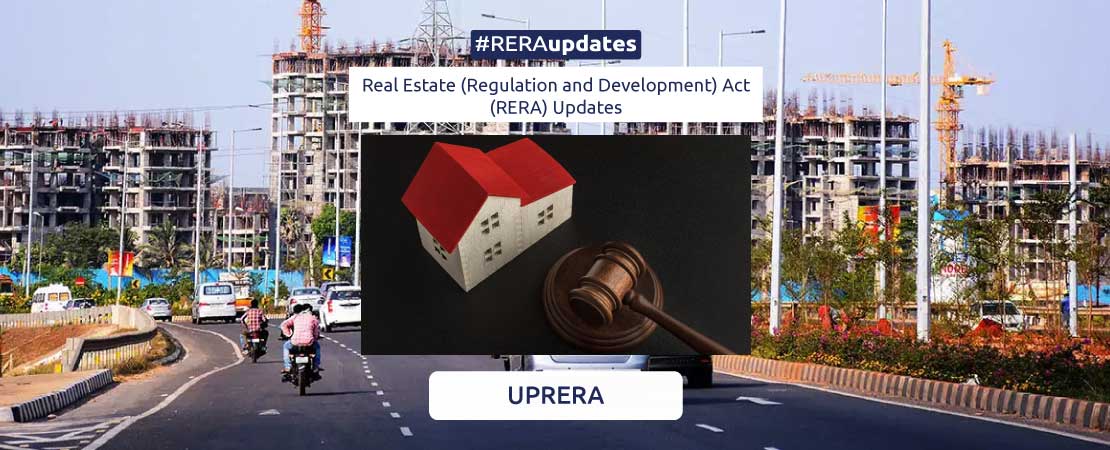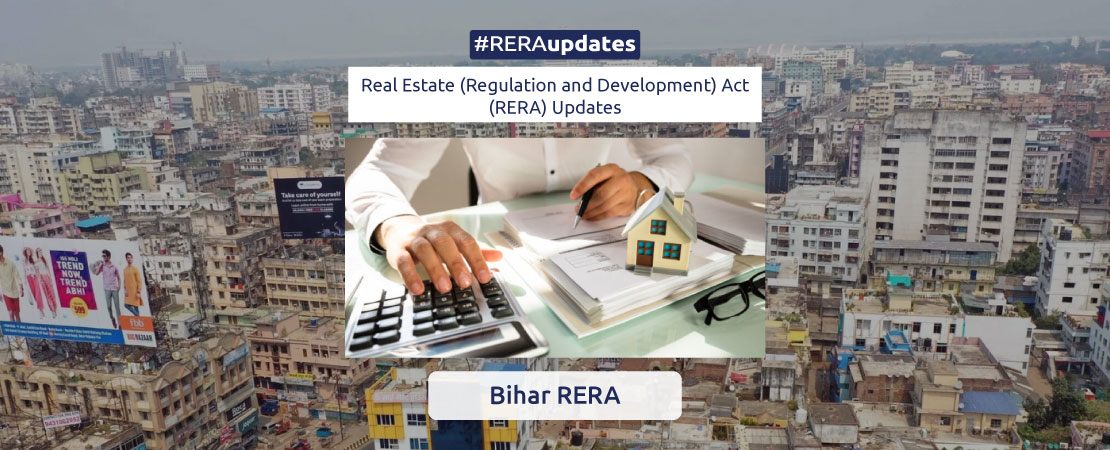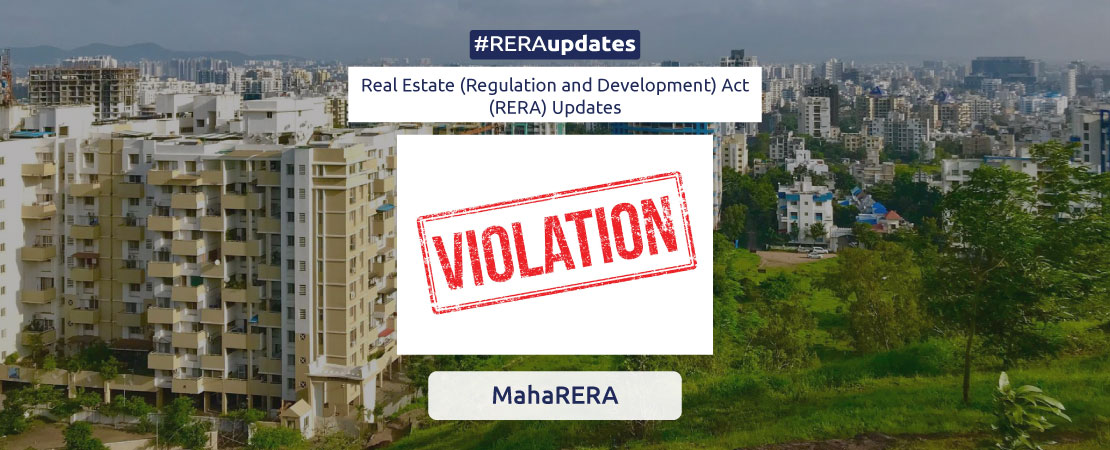The Real Estate Regulator Authority (Rera) in the state has stepped in to help 600-odd buyers of a housing project left abandoned by the developer in Noida Sector 143.
Launched in 2012, flats in Festival City were supposed to have been delivered by 2015. But the developer — M/s Mist Direct Sales Pvt Ltd — defaulted on the deadline and then stopped construction altogether. The buyers approached the UP-Rera, which sent notices to the developer. When it failed to respond, the regulatory authority blacklisted the developer and de-recognised the project. “Our next step was to take the consent of all the buyers and get the project completed. Two groups of buyers under Mist Avenue Buyers’ Association and Festival City Welfare Association showed interest in reviving the project,” said a Rera official.
The official quoted a provision from the Rera Act, which allows the regulatory authority to take the consent of the buyers and find another developer to complete a project.
But it’s a long way ahead for Rera in this case. The regulatory authority and the association of buyers are now faced with the challenge of collating the details of all the allottees who had booked a flat in the project and the total amount deposited by them. “The developer was not keen on sharing the information. Now that they have been blacklisted, we assume they might have gone underground,” the Rera official said.
The project has 1,600 units in total and Rera needs to have the consent of each and every one before going ahead with getting a developer to finish the flats. “Our efforts to get the details of the allottees from the Noida Authority proved futile. We have the consent of around 300 buyers, who are members of the two associations. But we need to track down the others and have their consent as well,” said Ravindra Sharma, president of the Mist Avenue Buyers’ Association.
Rera has now created a link on its official website where an allottee can upload documents to prove ownership of a flat. Once the data on the total number of buyers is collated, the Noida Authority will calculate the funds collected from the buyers and the estimated amount that can be raised from the unsold units. Rera will then hire a consultant to prepare a detailed project report. A developer will then be selected for the remaining project. “Only a DPR will give clarity on the money that will be required to complete the project and the amount that can be raised from the allottees and the sale of the remaining units. The new developer will have to complete the flats in a time-bound manner and Rera will oversee the project,” said Sharma.
Prashant Kanha, a Supreme Court lawyer who handles builder-buyer cases, said, “Section 8 of the Rera Act gives it powers that are seldom exercised. In this case, it is a novel exercise where the provisions are being used in the interest of the buyers.”
Spread across 25 acres off the Noida Expressway, Festival City was to be developed in three phases. “In the first phase, three towers of 35 storeys each were to be developed. But so far, only one tower has been developed. With the UP-Rera taking the initiative now, we are hopeful that the project will be completed in a timely manner,” Sharma said.










